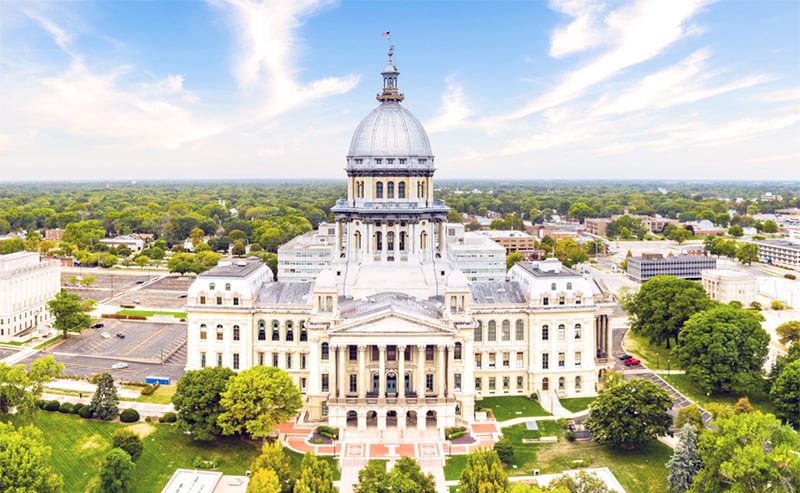Illinois Considers Upping Reimbursement Rate for Work Comp Physicians

Illinois Population Statistics 2020
Data from the Bureau of Labor Statistics show that private employers in Illinois reported 106,900 nonfatal total workplace injuries during 2020. While the injury rate is in line with national averages, Illinois is one of the more populated states in the country, with the 6th highest population nationwide at 12,671,000+ residents. The state also holds one of the largest workforces with over 6,289,000+ workers. With such a high population, a significant number of healthcare providers are needed, including providers for workers' compensation to treat injured workers.
Illinois Work Comp Reimbursement Rates
Concerns are growing that fewer physicians can treat injured workers due to Illinois' current workers' compensation reimbursement rates. Some physicians in the state claim that reimbursement rates for office visits known as "evaluation and management (E&M) visits" are too low to the point that it deters doctors from treating injured workers. Citing the Workers' Compensation Research Institute's (WCRI) 2019 findings, physicians point out that the Illinois workers' compensation system reimburses 15% less for general office visits than the national average. The low reimbursements date back to a 2011 policy change that cut fee schedule rates substantially for all medical services. Physicians say that the low rates create patient access and care barriers.
Illinois IWCC Considering Reimbursement Rate Increase
In response, the Illinois Workers’ Compensation Commission (IWCC) is considering a motion to increase reimbursement rates by 30%. If approved, workers' compensation physicians believe the measure would be an essential step to treating injured workers with an enhanced quality of care, particularly as the nation's healthcare system continues its recovery from the effects of the Covid-19 pandemic. The IWCC raised E&M rates in 2014 to accommodate providers. However, little evolved since prompting more discussion on this issue. HB4068, proposed in 2017, attempted to address this issue, but stalled in the legislature. The IWCC also said no to raising rates in 2017 despite a favorable vote by the state's Medical Fee Advisory Board. Opponents to increased rates say that Illinois workers' compensation medical costs are already too high, referring to another WCRI study released in 2019 showing Illinois medical services costs for injured workers are 31 percent more than the median of the 18 states studied in the research.
Physicians Calling on IWCC to Act
The Illinois legislature is a year-round legislature, but state legislators are looking to shore up a wide variety of concerns due to the pandemic, potentially leaving reimbursement rates in hiatus. Due to the legislature's inactivity on the subject, physicians are calling on the IWCC to act alone on this issue. Although the commission does have precedent on its side to change rates, there is the possibility that the topic is relegated to the statehouse in Springfield, with some regarding the issue as beyond the commission's scope of authority. A hearing is scheduled for April 25th at 2 PM CST to hear a motion that would increase the reimbursement rates by 30% at the IWCC's Chicago-based offices. If the measure passes it would be the first reimbursement increase in nearly a decade.
Other Posts You Might Be Interested In
Subscribe to email updates
Stay up-to-date on what's happening at this blog and get additional content about the benefits of subscribing.


